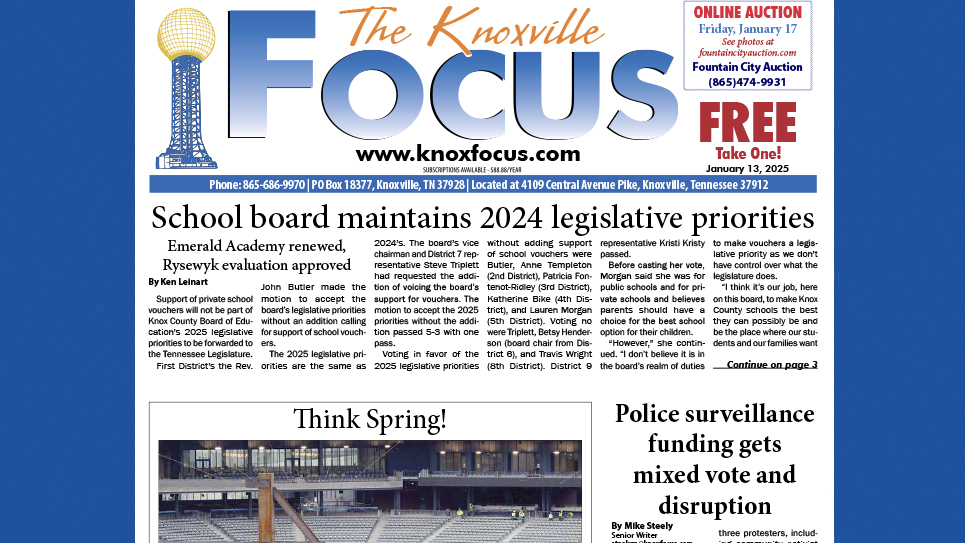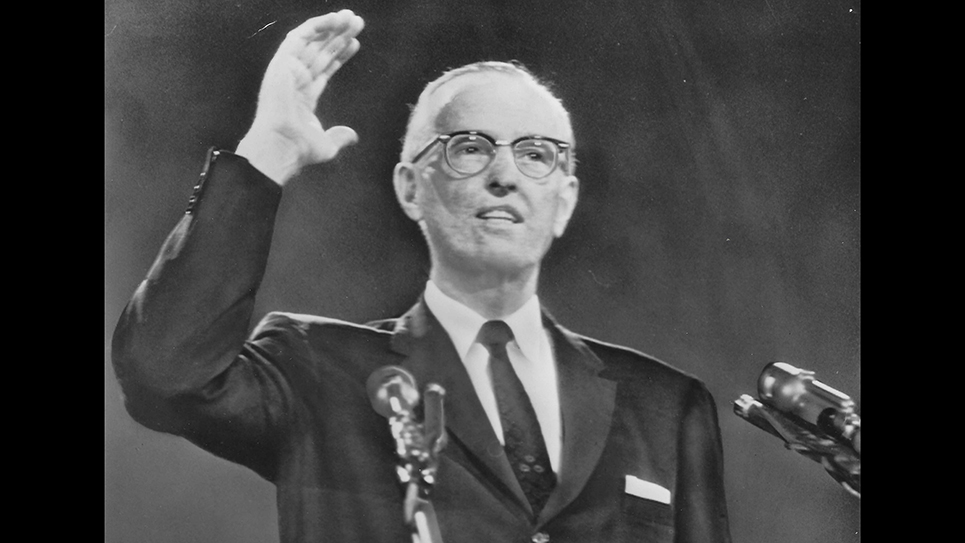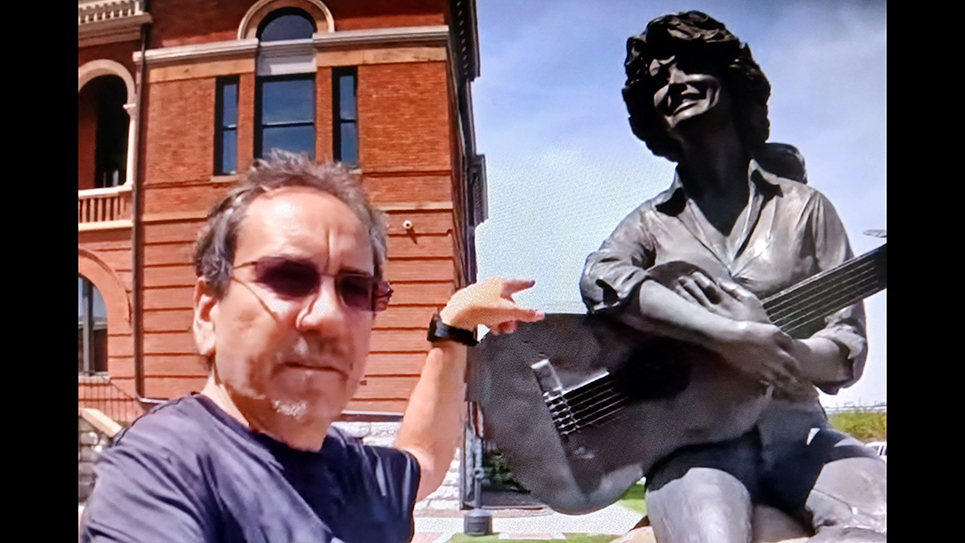It’s difficult not to be discouraged these days. I sometimes wonder if the uninformed are happier. However, how can anyone not be aware of the ISIS (Islamic State of Iraq and Syria) savages or call them anything else? After all, they murder and rape children, torture and crucify their prisoners, behead hostages and burn them alive. Perhaps others simply ignore our ruinous national debt and that ninety-two million Americans are unemployed. Maybe they accept the government’s G3 unemployment statistic of 5.6% which ignores those people who have given up looking for work. If these poor folks are included, the G6 “effective” unemployment rate of 12.7% is found. Even the Gallop Polling Group now recognizes that the G6 percentage is more reflective of our country’s reality.
The Psalmist once asked, “How can I sing the Lord’s song in a foreign land?” And yet, I feel blessed despite the daily debacles and depravities. I have to admit it takes time and effort to remain aware of things and still keep my chin up. A sense of stewardship and thankfulness drives me to do my best and my duty for God, country and those I serve.
The practical question is, how do you stay positive these days? Many times in this column I’ve recommended spiritual journaling as a way to “hear” the Spirit’s direction and message. I also recommend fellowship with other lovers of wisdom (philosophers) and studying the Bible, which is a great repository of wisdom. And I’ve found that acoustics help me to focus.
Okay, where’s he going this time, you ask? My hearing impairment and tinnitus (last week’s Focus topics) haven’t dampened my passion for music. When we were courting I once tried to explain to Becky how Rodrigo’s Adagio caused my scalp to tingle; and it still does. She still doesn’t understand. If you’re puzzled, Google this wondrous second movement of Rodrigo’s Concierto de Aranquez. Some people can ignore elevator music or the awful noise piped through the phone while on hold – I can’t. Beautiful music stirs my soul, especially my church’s powerful pipe organ which recently caused me to remember a magical moment in the Alhambra.
I “dragged” Becky to Spain to experience the passion of Spanish guitar music and the traditional flamenco dancing of Andalusia. The expatriate John Singer Sargent was similarly moved and painted his monumental El Jaleo which captures this passion. Google it! And I wanted to see hills covered with olive trees which produce the Manzanilla green olives I love on pizza and with cheese. You do realize that olives are one of the four basic food groups, along with bread, cheese and wine. Finally, I wanted to see the Alhambra in Granada, the last 15th century stronghold of the Moors. This repository of culture and knowledge existed for centuries, but finally fell to King Ferdinand and Queen Isabella in 1492, the year that Columbus “sailed the ocean blue.”
Renaissance scholars would label the Middle Ages as the Dark Ages. Perhaps their Eurocentric vision influenced their “hindsight” of a time after the fall of the last vestiges of the Roman Empire in the 5th century. The people of the Middle Ages didn’t call their era the “dark ages,” even though Pax Romana was gone and the Black Death (bubonic plague) would kill 100 million people worldwide and up to half of Europe’s population. It was during those turbulent centuries that Islam conquered and ruled Spain, and promoted the science and knowledge that would fuel the Renaissance.
But, “what happened?” my grandson, Oakley likes to say when he’s puzzled. How did the followers of Mohamed lose their preeminence as searchers of truth and wisdom? Was it because faith became more important in Islam than reason and science which would drive the Renaissance? Many others, more notable than Oakley and I, have asked these same questions. If you seek the opinions of experts, I recommend you Google “Churchill and Islam” or read The Victory of Reason by Rodney Stark.
As Becky and I wandered through the impressive palace/fortress of the Alhambra, we found ourselves in an empty lower level much like a modern car garage. The acoustics were even better than those of my shower at home, and I began to hum Amazing Grace in thankfulness for being able to experience this UNESCO World Heritage Site.
The Spirit must have been at work because Becky soon joined me with her better voice, and together we sang Captain John Newton’s wonderful hymn of redemption. Newton was a slaver who was saved by Jesus Christ. The movie Amazing Grace tells the story of William Wilberforce, influenced by Newton, who led the fight to abolish slavery in England. It is a must see.
We thought we were alone, but suddenly we heard our echoing voices joined with others from adjacent rooms. The strangers sang in their own languages, but by the last stanza we stood together sharing a magical, ecumenical moment of the Spirit.
Charles Wesley, the brother of John Wesley, is best known for his numerous Methodist hymns. When I rediscovered my faith, and Becky and I married, I joined her Methodist church. The singing of hymns is an ancient expression of faith. Hymns were very important in the early camp meeting movement of Methodism, and still aids this pilgrim in his search for connection with the Creator and Sustainer of all that is.
It’s funny how things are balanced in this world. Civilizations and cultures rise and others fall. Yin balances yang, and life goes on. On the farm we chuckle at Oakley’s “sensitive ears” and his aversion to loud noises. His other grandmother says, “Johnsons have sensitive ears.” Unlike his granddad, JD, whose hyperacousis results from hearing loss, Oakley has keen hearing. This was put to use this week on the farm. Oakley heard the faint hiss from a micro puncture in his Jump-O-Lene – a blow up bounce-house for toddlers.
And so life goes on. The younger generation rises to supplement what the latter has lost. I’m just thankful to be alive, aware and in awe of it all. It is well with my soul.






